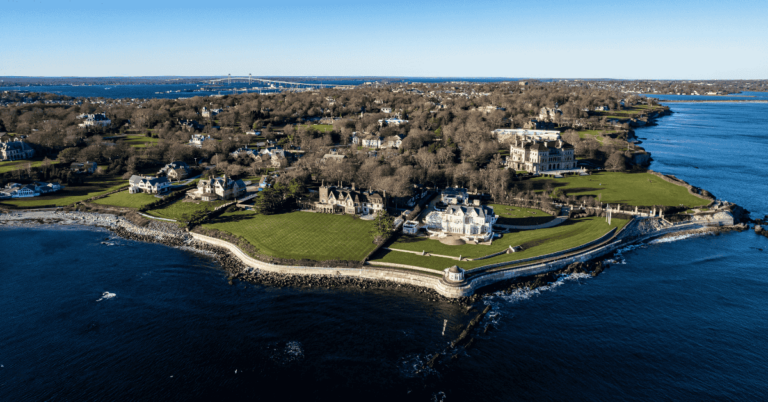R
hode Island’s legislature added a surcharge on second‑home owners with properties valued over $1 million as part of the spring budget. The measure, aimed at preserving the character of coastal communities, was quickly nicknamed the “Taylor Swift tax” after the singer’s historic Westerly residence, Harkness House. Swift has not commented, and the extra tax would barely affect her lifestyle; even less‑affluent millionaires can afford the added cost.
Westerly, a 23,000‑person town first incorporated 350 years ago, relies on the tax base of its full‑time residents and the seasonal influx of tourists. The town’s survival does not hinge on wealthy buyers, nor would the affluent abandon the area for its scenic appeal.
Similar tensions appear in the Mountain West’s ski resorts. Sky‑high housing prices have turned long‑term rentals into vacation homes, pushing service‑industry workers out of the area or into precarious housing. Republicans are even proposing to auction public lands for large‑scale developments that lack basic infrastructure, a far more complicated solution than building workforce housing within resort towns.
Real‑estate brokers argue that taxing expensive second homes penalizes the very people who drive local economies. Yet these destinations thrive because affluent visitors support retail, hospitality, and maintenance jobs that keep the towns alive year‑round.
The solution, according to tax experts, is for the wealthy to contribute through targeted surtaxes or progressive mansion taxes. A 2024 report on 17 jurisdictions with existing mansion taxes offers best‑practice guidance. States should also collaborate in multistate compacts to curb tax avoidance and ensure that these taxes genuinely support community sustainability.














